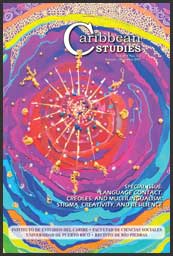Resumen
Las variedades juveniles de contextos urbanos multiculturales, corrientemente llamadas "variedades polilectales" han capturado el interés de varios estudios en la últimas décadas. En el foro público, se describen como variantes próximas a la criollización. Por cierto, existen similitudes en valorización de las lenguas criollas y las variedades multilectales en el foro público. Para los que no son especialistas sobre estos temas, ambas variantes gozan de poco prestigio en comentarios metalingüísticos. En ocasiones, éstas se describen como el resultado del decaimiento y empobrecimiento de las gramáticas de otras lenguas, lo cual, según estas creencias, repercute en el poco desarrollo moral y mental de sus hablantes, o la falta completa de éste. Por otra parte, el estudio de estas variantes se describe como un "gasto innecesario de recursos económicos", ya que, según éstos, no aportan al desarrollo de la excelencia en el lenguaje. Este trabajo analiza 1,240 comentarios sobre variedades multilectales publicados en la red cibernética. Éstos muestran que fenómenos de contacto lingüístico suscitan reclamos de conservación y pureza lingüística sustentados por creencias comunes típicas de la ideología de la lengua estándar. El propósito de este trabajo es ilustrar los patrones comunes a los discursos en sociedades criollas (Jamaica, Trinidad, Reunión y Mauricio) y en sociedades europeas (Alemania, Noruega y Países Bajos). Este punto de vista comparativo demuestra que las mismas ideologías sobre el lenguaje pueden adaptarse a contextos lingüísticos distintos para deslegitimar comunidades lingüísticas enteras.Descargas
Los datos de descargas todavía no están disponibles.

